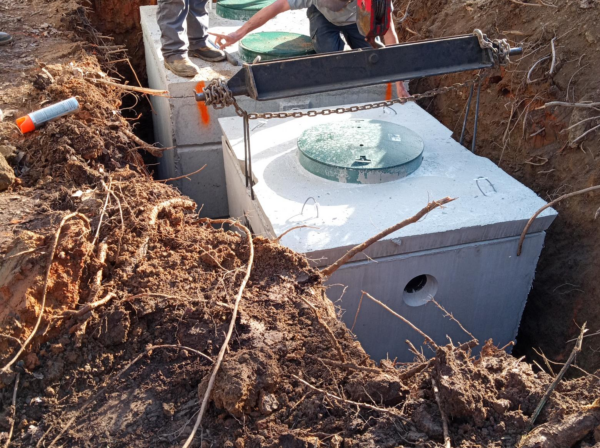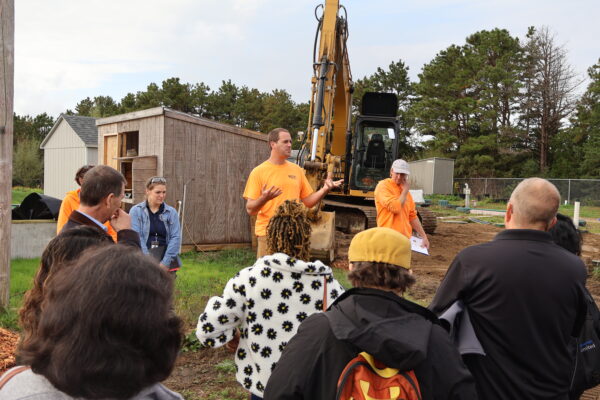Understanding Onsite and Decentralized Wastewater in America

By Traci McQuary, Mississippi State Coordinator, Communities Unlimited (CU)
According to the U.S. Environmental Protection Agency (EPA), approximately 18 million households, or 25% of all households in the United States, dispose of their wastewater using onsite and decentralized wastewater systems, more commonly referred to as septic systems. The performance and maintenance of these systems are a significant concern for homeowners and the environment.
Although state and federal laws set minimum environmental and health standards, local officials and individual homeowners are responsible for protecting themselves and their communities from wastewater-related illnesses, like E. coli, Salmonella, and Cholera. Septic system owners are ultimately responsible for the operation, monitoring, and maintenance of their onsite septic system.
Septic systems that are not properly maintained will fail, leading to significant environmental and health concerns. Failing septic systems allow untreated sewage to pool on or under the ground. This poses a health risk to children, the elderly, the environment and provides an ideal breeding ground for flies, mosquitoes, and other disease-carrying insects. It can contaminate nearby water sources and wells. Outbreaks of waterborne illnesses are frequently traced back to contaminated groundwater.
In many states, local health departments issue permits to install septic systems according to state laws that govern public health protection. Under most regulatory programs, the local permitting agency conducts an initial individual site assessment to determine whether sufficient space is available and checking that the soil type can provide adequate treatment. These programs also establish guidelines to ensure that groundwater resources will not be threatened, and specify the appropriate distances from groundwater wells, buildings, driveways, property lines, and surface waters such as ponds or lakes. however, very few permitting agencies conduct inspections after the new septic system is installed, nor do they implement management programs to monitor the continued upkeep and functionality of septic systems while the system is in use.
Unfortunately, the current regulatory structure throughout much of the nation lacks the enforcement of acceptable performance of septic systems, so homeowners need to conduct regular maintenance on their septic systems. The most cost effective and long-term option for meeting public health and water quality goals in rural America is for homeowners to have a regularly scheduled inspection to certify that their septic system is being adequately maintained. Repairs are often left undone because homeowners cannot afford them, or repairs are done by the homeowner who is often not an expert in onsite systems.
To ensure that homeowners have correct and up to date information to maintain, operate and keep their septic system performing to satisfactory standards, the following are some examples that individual states, tribes and local governments could do:
- Improve homeowners’ understanding of the role decentralized systems play in protecting local water quality and public health;
- Support homeowners in suburban or rural communities in meeting their infrastructure and development needs by providing outreach and education materials on decentralized technology. The EPA offers materials and resources on their website called SepticSmart. They provide homeowner education on septic systems and promote awareness in caring for them. https://www.epa.gov/septic/septicsmart-homeowners;
- Improve local decision-making through improved public awareness, education programs, and information material. RCAP can provide classes specific to each state or territory for homeowners like Decentralized Wastewater (Septic Systems) Basics for Homeowners.
If you or your community have questions or concerns on your onsite/decentralized systems, please contact your local RCAP office as we have resources for both TA and training to help protect public and environmental health for you, your family and your community. Many areas across the country have server challenges with septic systems and wastewater disposal. RCAP will be helping provide training and technical assistance as part of EPA and USDA “Closing America’s Wastewater Access Gap” Community Initiative.



